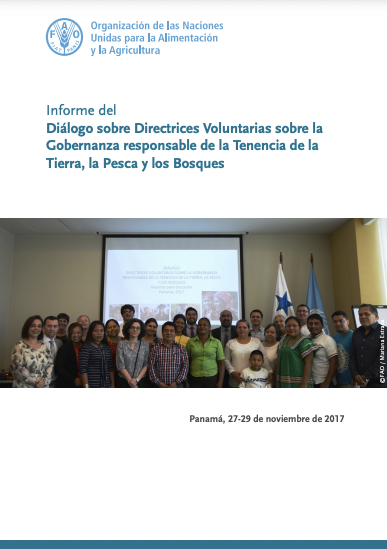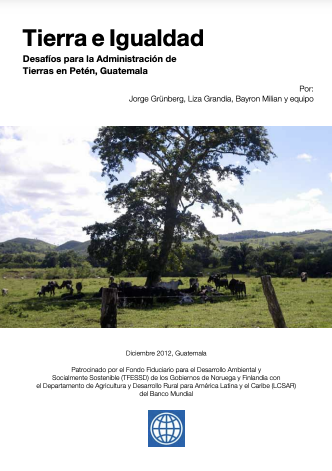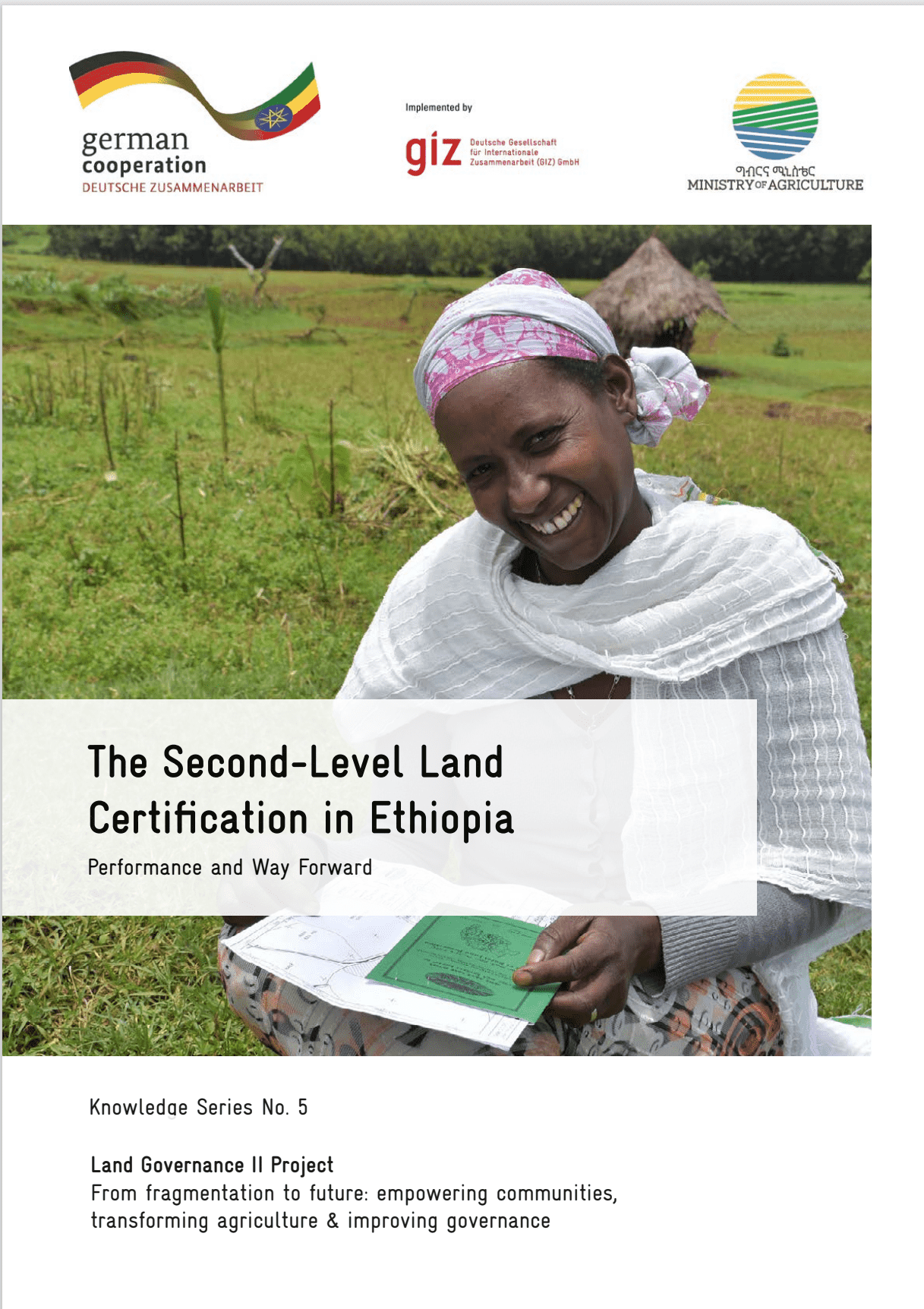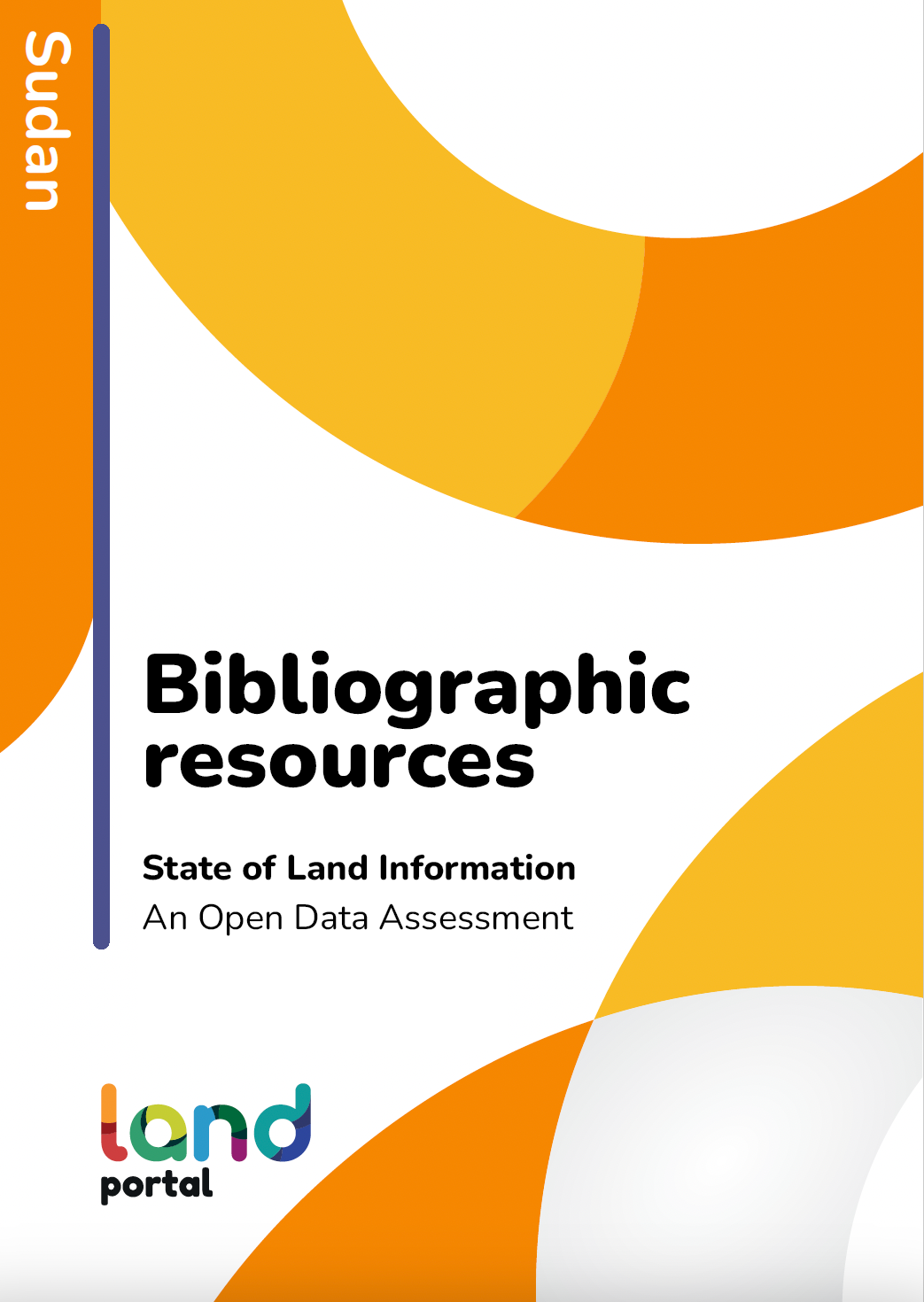Acceso de las mujeres a la tierra y la propiedad en Panamá
Es un hecho innegable que las mujeres en Panamá, al igual que en otros países del mundo, han contado con poca participación histórica en la tenencia de tierras. La cultura patriarcal predominante generó relaciones entre hombres y mujeres jerarquizadas, desiguales, inequitativas y discriminantes. Esto excluyó ayer y hoy a muchas mujeres de la propiedad de la tierra, dificultando el acceso a oportunidades y la generación de ingresos propios.







